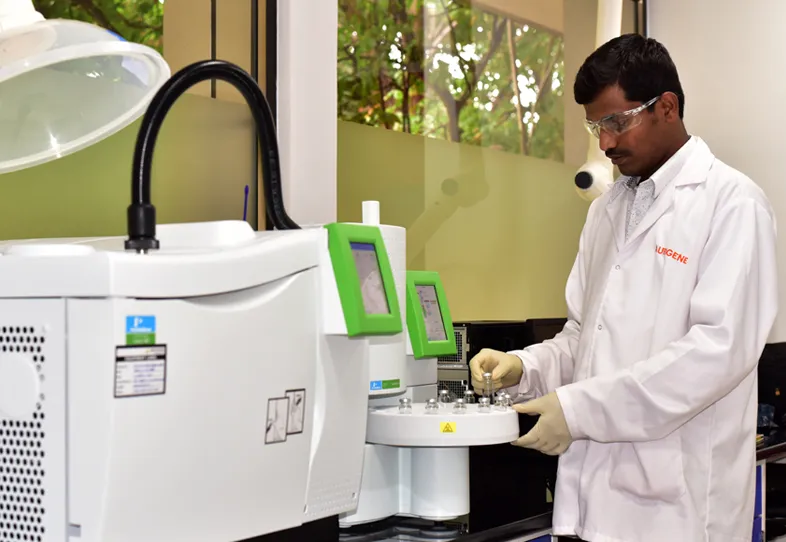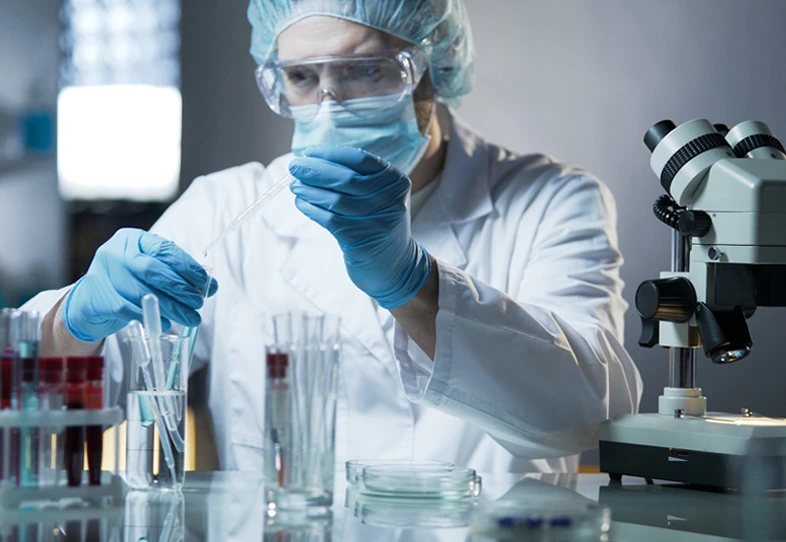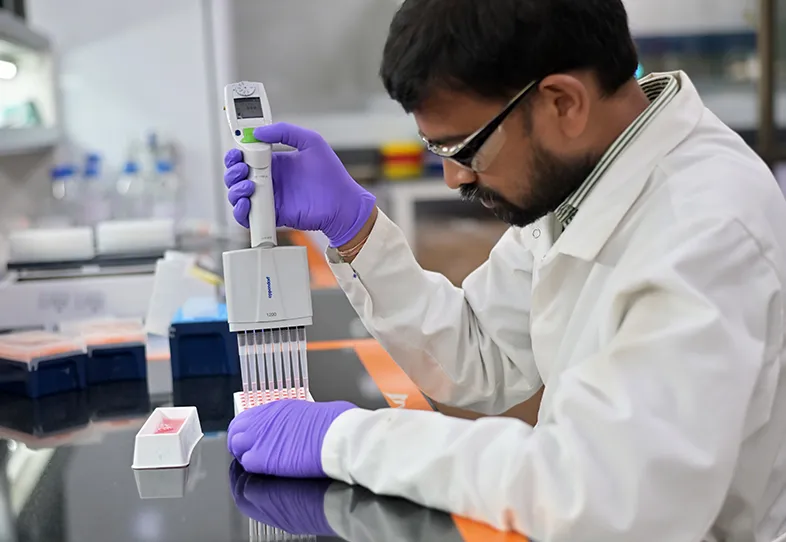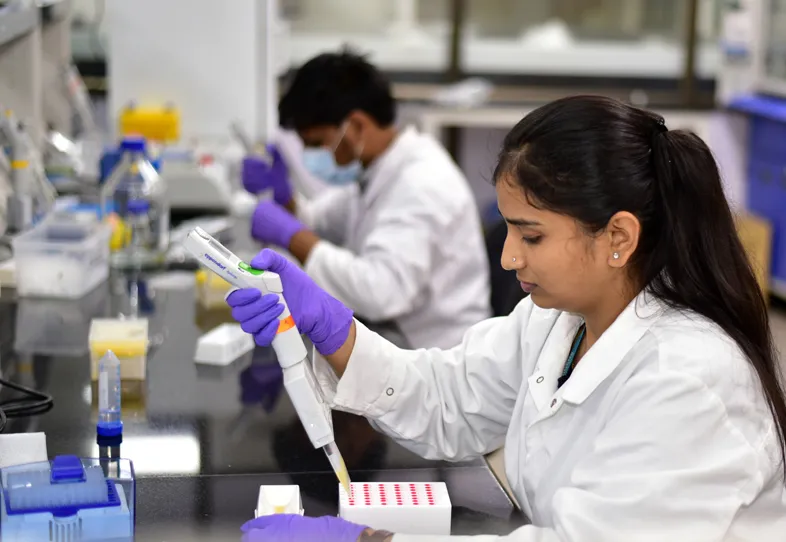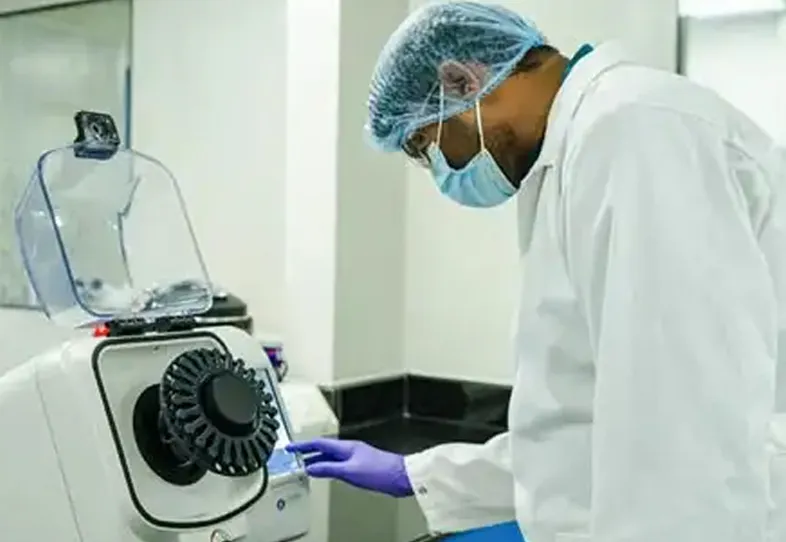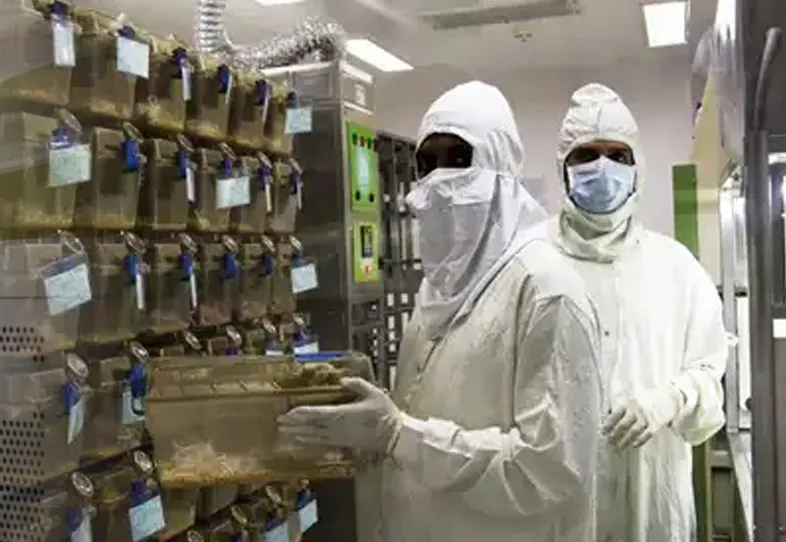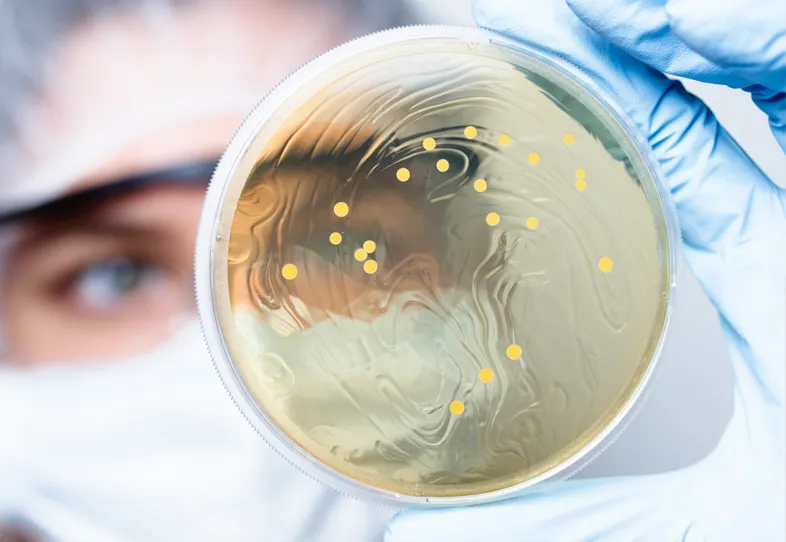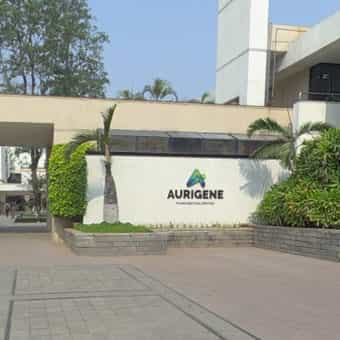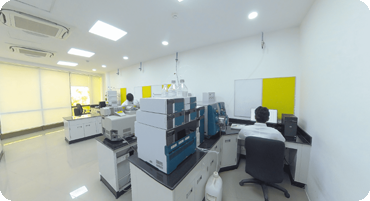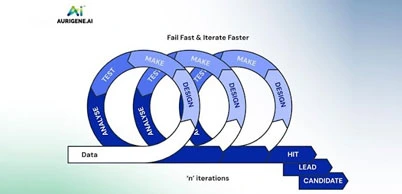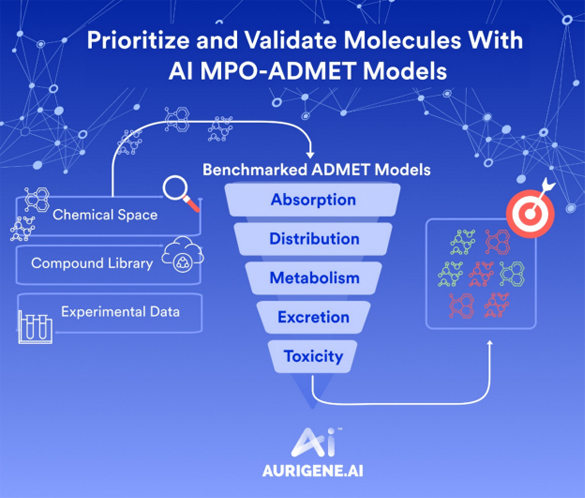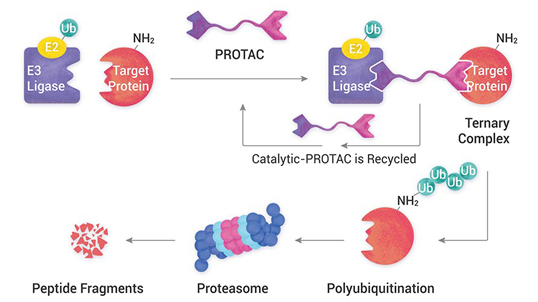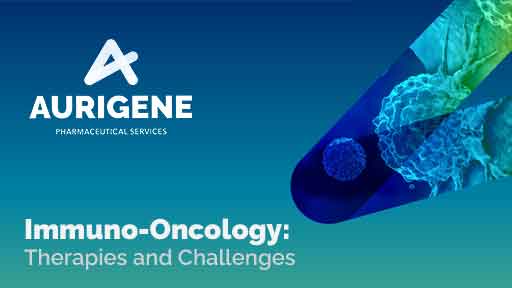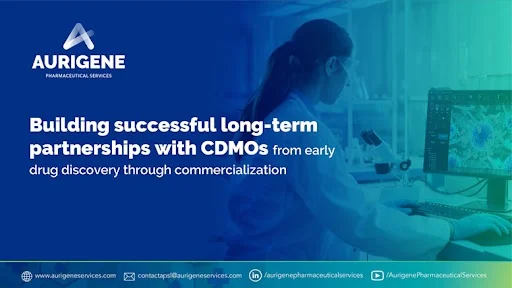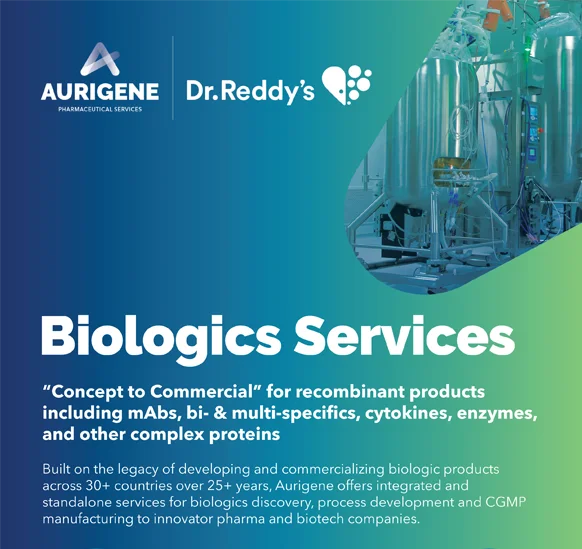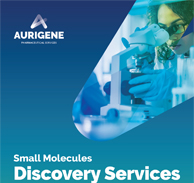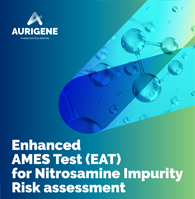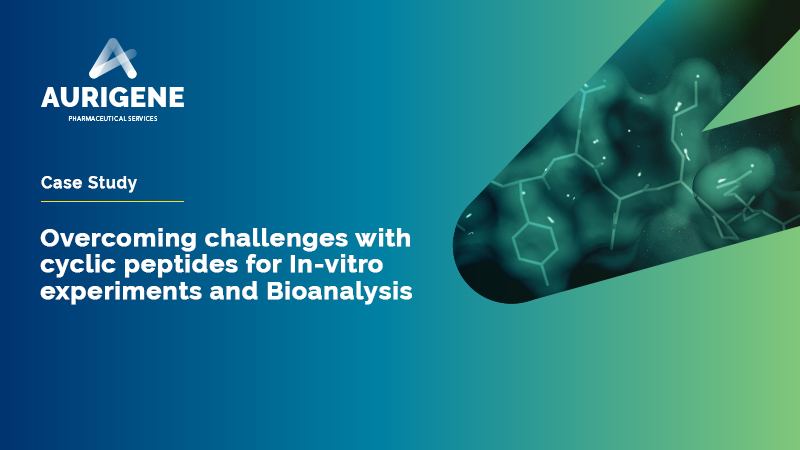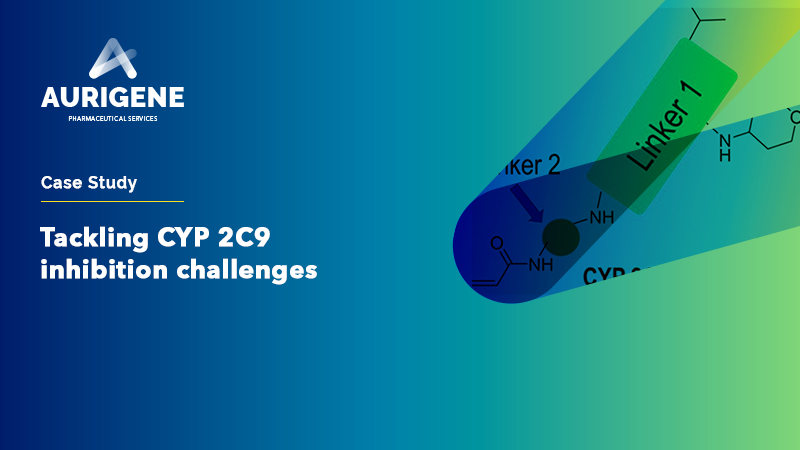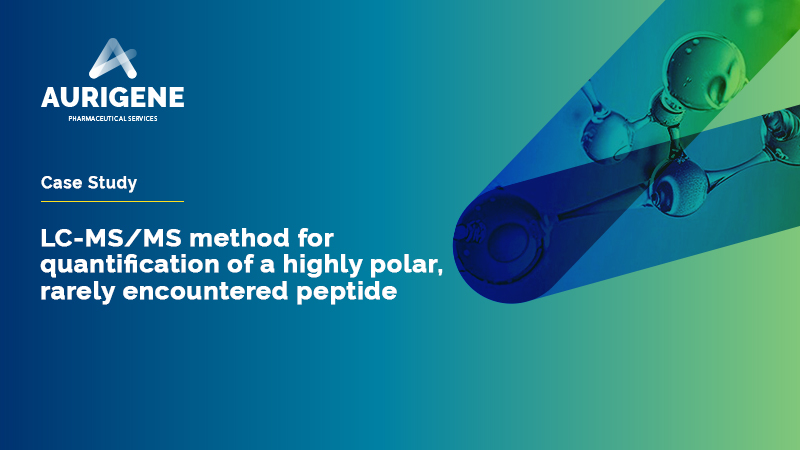
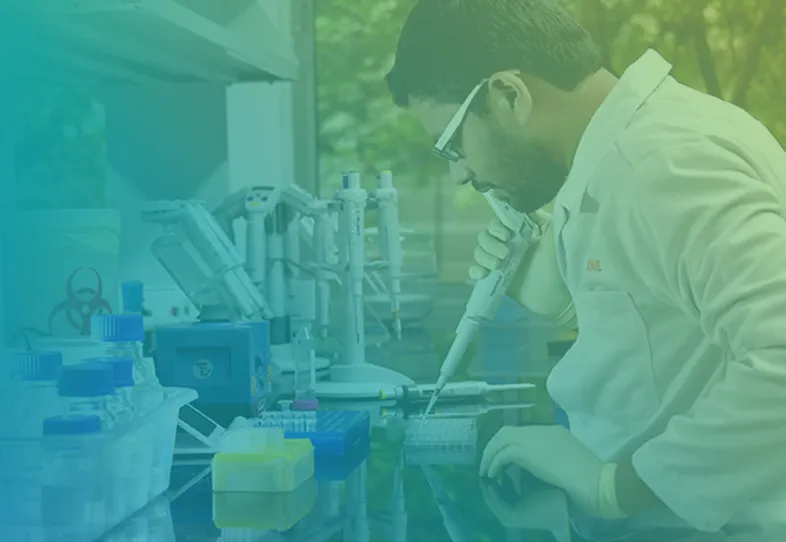
Our DMPK department is having expertise in both integrated drug discovery and standalone DMPK services with experience over 16 years. Our capabilities helped us to deliver more than 65 IDD projects. We design customized protocols and perform assays based on client or project requirements. The DMPK facility spanning an area of 10,000 sq.ft. in Bangalore and Hyderabad locations consists of state-of-the-art in vitro ADME and tissue culture labs, AAALAC accredited animal facility for in vivo PK studies in rats, mice & dogs and GLP & Non-GLP bioanalytical labs with high-end LC-MS/MS instruments.
In vitro ADME capable of high-throughput screening with best in industry turnaround times.
In vivo PK studies with various established surgical models.
Experience in DMPK studies and bioanalysis of small molecules, PROTACs, therapeutic peptides and biomarkers.
Automated compound management and data handling systems.

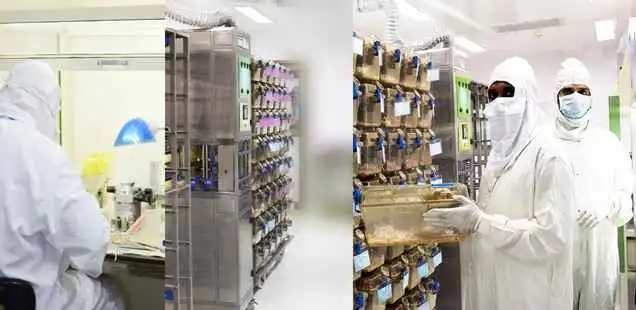
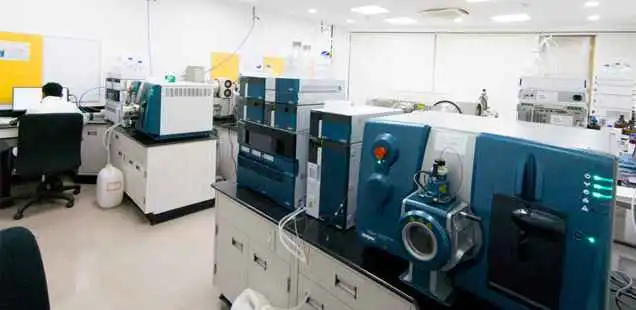
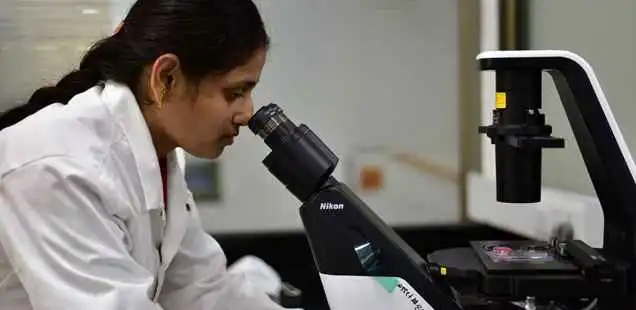
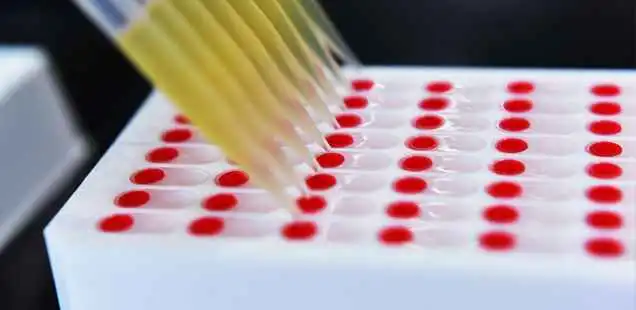

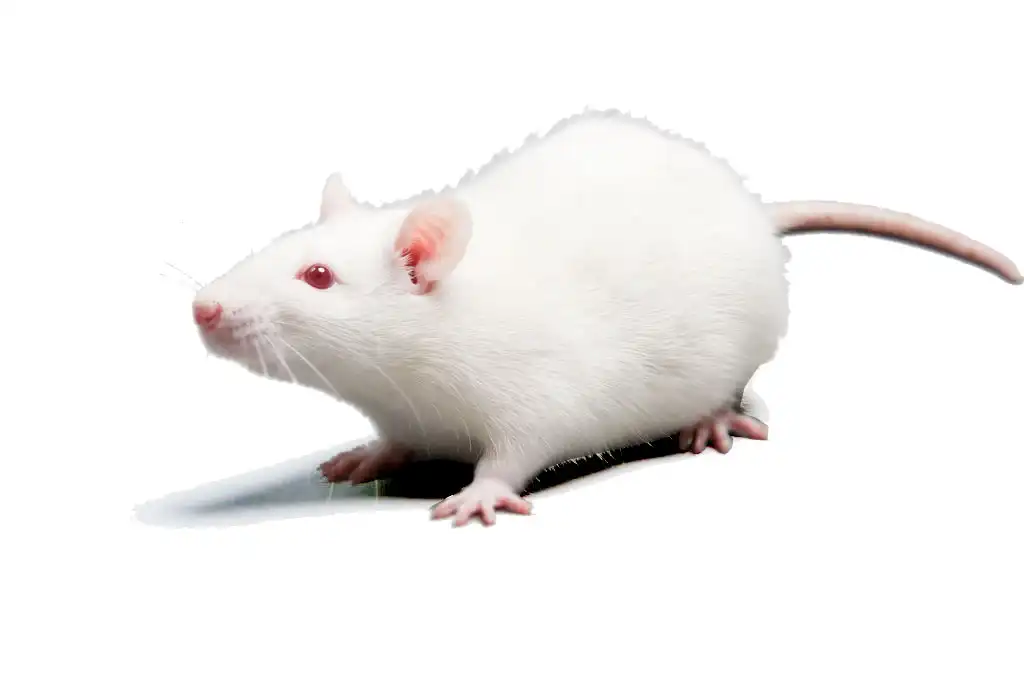
Why Aurigene DMPK Studies Services?
Turnaround time: In vitro Assays: 5 working days. In vivo PK Studies: 7 working days
Quality & accuracy
Customized protocols
Compound management and data automation
Broad panel of in vitro ADME & in vivo PK study designs
Bioanalysis of small molecules, therapeutic peptides, biomarkers and complex molecules. Delivered 200+ GLP studies
Other Services
Connect with our scientific experts for your drug discovery, development, and manufacturing needs
We understand that clear communication is essential to successful collaborations, and that's why we have a dedicated team that is always ready to help you. Whether you have questions about our services, want to discuss a potential partnership, or simply want to learn more about our company, we're here to help.
Our team of experts is dedicated to providing personalised solutions tailored to your unique needs. So, please don't hesitate to reach out to us. We look forward to hearing from you and helping you achieve your business goals.
Learning Resources
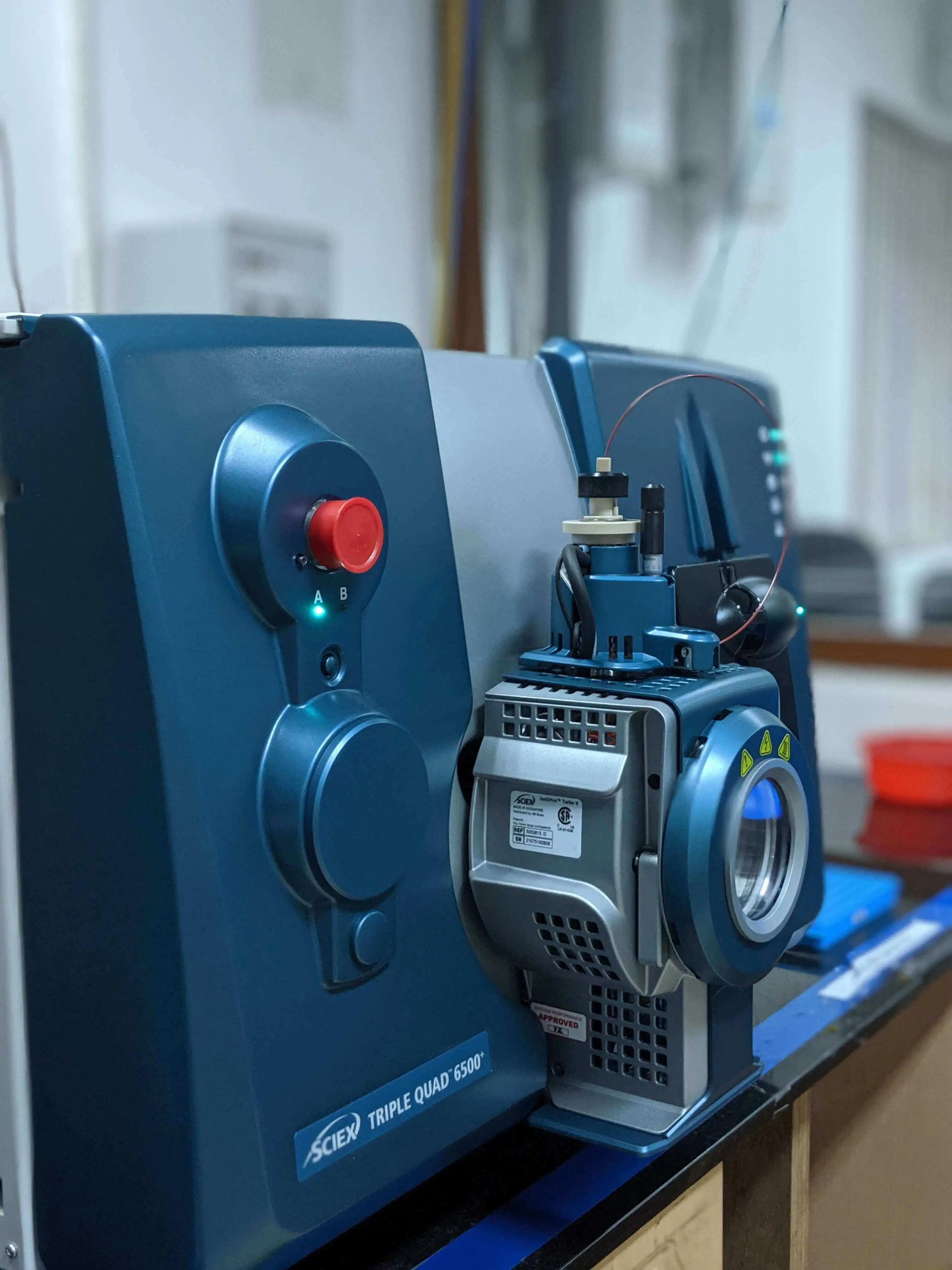
JANUARY 04, 2021
The Role of DMPK Studies in Drug Discovery
DMPK studies play a crucial role in drug discovery for optimizing the drug-like properties of compounds or drug molecules. They enable researchers to rank compounds based on favorable pharmacokinetic properties associated with absorption, distribution, clearance, elimination (ADME) and DDI potential. The in-vitro assays and in-vivo animal studies provide informat...
Read More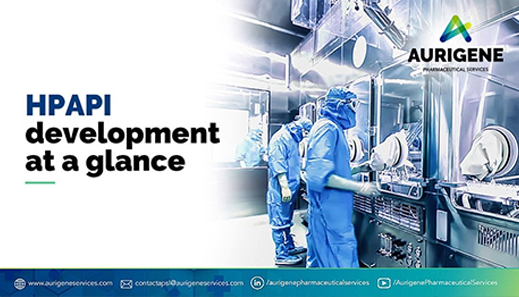
HPAPI Development at a Glance
The pharmaceutical industry's journey to improve patients' health has enhanced the number of more effective HPAPIs (High Potent Active Pharmaceutical Ingredient) in development pipelines. Traditionally, HPAPIs were exclusively concomitant with oncology therapeutics. ...
Read More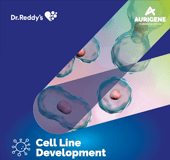
Cell Line Development
We enable development of stable and high yielding recombinant Mammalian and Microbial lines. ...
Read More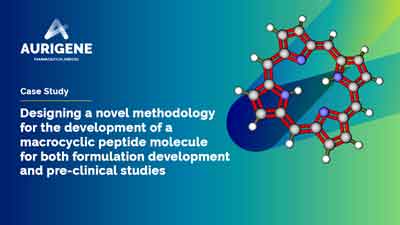
Designing a novel methodology for the development of a macrocyclic peptide molecule for both formulation development and pre-clinical studies
Background: An innovator company based in UK contacted us to support for the development of macro cyclic peptide molecule for pre-clinical studies. This peptide compound has been identified as potential candidate for the “Vaccination booster for elderly” under the therapeutic category of immunology. The synthesis of this compound posed many challenges such as...
Read MoreAugust 28, 2020
Yb(OTf)3 catalyzed new cascade reaction: a facile assembly of fused quinazolinones
A one-pot Yb(III)-mediated cascade reaction has been developed leading to small molecules based on a novel structural motif, i.e. quinazolin-4-one moiety fused with an isoquinoline ring, for potential inhibition of TNF-a. ...
Read More-
January 31, 2025
Development and assessment of a Bcs class II - SGLT2 (Sodium Glucose Cotransporter 2) inhibitor drug in the form of solid lipid Nanoparticles by selecting different lipids, co-surfactants, and manufacturing techniques
Drug Delivery System (DDS) has been used successfully in the past few decades to cure illnesses and enhance health because of its improved systemic circulation and ability to regulate the drug's pharmacological action. As pharmacology and pharmacokinetics advanced, the idea of controlled release emerged, demonstrating the significance of drug release in assessing...
Read More -
January 31, 2025
Development of novel paullone-based PROTACs as anticancer agents
Proteolysis-targeting chimera (PROTACs) represents a promising modality that has gained significant attention for cancer treatment. Using PROTAC technology, we synthesized novel structurally modified paullone-based PROTACs using Cereblon (CRBN) and Von Hippel–Lindau (VHL) E3 ligands....
Read More -
March 13, 2025
Development and verification of RP-HPLC method for the quantitative determination of Decitabine in tablet dosage formulation
Decitabine is an anti-cancer chemotherapy drug. This article describes method development and method verification of Assay of Decitabine in tablet formulation. A new, precise, rapid, accurate RP-HPLC method has been developed for the estimation of Decitabine in pharmaceutical tablets dosage form. After optimization the good chromatographic separation was achieved...
Read More
Frequently asked questions
Why is ADME important?
ADME data helps scientists assess and optimize the absorption, distribution, metabolism, and excretion of the drug/NCE early in the drug discovery process. This helps to minimize late-stage failures in in-vivo safety and efficacy studies and clinical trials.
What is ADME testing?
ADME testing involves various in-vitro and in-vivo assays used to assess the properties that determine the Absorption, Distribution, Metabolism, and Excretion (ADME) of NCEs/ drug molecules.
What is the ADME process?
The ADME process involves the characterization of a drug by using different assays to determine its absorption, distribution, metabolism, and excretion properties. This data is critical to prioritize and advance drug/ NCEs for future development.
What is DMPK in drug discovery?
DMPK (Drug Metabolism and Pharmacokinetics) is the study of the drug-like properties of new chemical entities (NCEs) or drugs to understand their metabolism and pharmacokinetic profile. DMPK research plays a crucial role in evaluating how a drug is absorbed, distributed, metabolized, and excreted in the body. By leveraging DMPK study services, researchers gain valuable insights into the drug’s behavior, which helps optimize drug design and development, ensuring better efficacy and safety profiles for therapeutic use.
What is the purpose of a PK study?
PK studies are an integral part of drug development. It helps to understand a new chemical entity (NCEs)/drug's pharmacokinetic behaviour in the body and involves the study of distribution, metabolism, clearance and bioavailability.
What is the difference between PK and PD?
Pharmacokinetics (PK) is the response of the body to the drug. Whereas Pharmacodynamics (PD) is the action of the drug on our body.
What are the recommended storage conditions for Oligonucleotides?
For a period of 6 weeks, Oligos can be stored in T10E1 buffer at 37°C and for the long term, Oligonucleotides can be dried down and stored with or without TE buffer at -20°C.
What is pharmacodynamics of a drug?
Pharmacodynamics (PD) of a drug refers to the biochemical and physiological effects caused by the drug/NCE in the body.
How do Aurigene Pharmaceutical Services’ DMPK solutions help streamline preclinical to clinical transitions?
Aurigene’s DMPK solutions assess key drug properties like absorption, distribution, metabolism, excretion, and toxicity (ADME) early in the discovery process. This facilitates preclinical to clinical transitions. High-throughput in vitro and in vivo models are used in our integrated DMPK studies in drug discovery to optimize drug candidates, predict human pharmacokinetics, and support safety assessments. Aurigene uses automated compound management, rapid turnaround times, and bioanalysis for complex molecules like PROTACs and peptides, thus reducing risks in the development process and ensuring data scalability to humans. These enable faster and more informed progression to clinical trials.
You are about to leave Aurigene Pharmaceutical Services and affiliates website. Aurigene Pharmaceutical Services assumes no responsibility for the information presented on the external website or any further links from such sites. These links are presented to you only as a convenience, and the inclusion of any link does not imply endorsement by Aurigene Pharmaceutical Services.
If you wish to continue to this external website, click Proceed.

Leaving already?
Don't forget to join us at
CPHI Worldwide 2023.
October 24th-26th, 2023 | Barcelona, Spain
Get ready to accelerate your drug’s journey to the market

